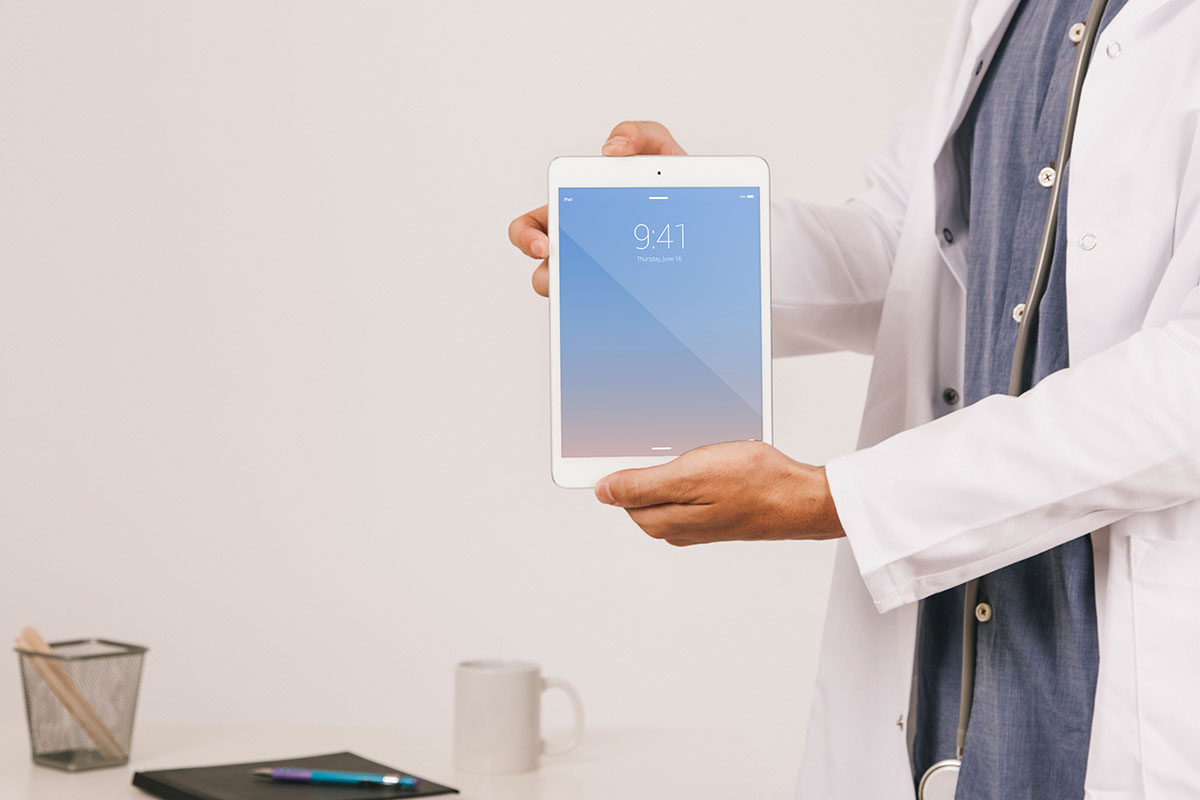Meet Your Healthcare Business Needs with Innovative Solutions
Managing your healthcare business requires innovative solutions that help control health records, collect patient information, and market your medical office. There are ways to change how you manage your business and turn your office into a digital space that handles everything with ease.
One of the most critical aspects of meeting your healthcare business needs with innovative solutions is implementing a robust clinical inventory management system, which can streamline operations, reduce costs, and ensure that essential medical supplies are always readily available when needed.
New software can also offer solutions for tricky tasks. Incorporating cutting-edge healthcare accounting software into your business operations, for example, can revolutionize financial management and reporting, ensuring compliance, accuracy, and efficiency in the increasingly complex healthcare industry. Here are some more ideas you may want to look at to help your business thrive:
Convert to Electronic Healthcare Records
You can work with NextGen EHR consultants to utilize digital record keeping. All of your patient’s health information will be stored electronically and can be shared across the healthcare system. Digital formatting allows information to be used and shared over secure networks, which makes it easier to move between organizations.
With access to patient’s information in electronic format, it allows for a decrease in the time it takes to admit patients to hospitals.
Also, as a healthcare professional, you can spend more time with your patients and less time gathering information that you already have on file. Using electronic healthcare records also gives you the option to take notes from each appointment and save them directly to the patient’s chart.
Additionally, you can check everything about your patient in one spot. Electronic Healthcare Records keep track of important information:
- Contact information
- Demographics
- Personal statistics (age, weight, height, etc.)
- Allergies
- Insurance information
- Family medical history
- Immunization history and status
- Lab results
- Radiology images
- Vital signs
- List of medications
- Information about any health issues
- Hospitalization records
- Information about surgeries or other procedures
Use Practice Management Software
Practice management software will help you deal with the daily operations of your healthcare business. Using this software will help you to automate and streamline all administrative and billing functions of your office. Your staff will be able to
The practice management software can also integrate your electronic healthcare records. By having both, you will be able to have this information in digital format:
- Capture patient demographics
- Perform billing tasks and send bills
- Check insurance eligibility and coverage of patient
- Maintain insurance payers
- Enter insurance codes properly
- Send insurance claims
- Schedule appointments
- Send appoint reminders
- Inventory management
Practice management software is essential for your healthcare business office staff. Your office will run efficiently by investing in this software.
Use Adaptive AI where Necessary
Healthcare businesses can use adaptive AI to help with disease management, clinical trials, diagnosis, and treatment as well as patient monitoring. Artificial intelligence uses the software, computer, or computerized robots that think intelligently, similar to how humans think. AI can perform tasks at a higher speed, with more accuracy, and lower resource utilization.
Some examples where AI in healthcare:
- Virtual nursing assistants- Save the healthcare industry money by interacting with patients and directing them to the most effective care. A virtual nursing assistant is available 24/7 to answer questions and monitor patients. Access to a virtual assistant means there is regular communication between patients and healthcare providers.
- Medication management- You can partner a smartphone webcam with AI to autonomously confirm that the patient is taking their prescriptions and help manage their condition. Commonly used for patients with serious medical conditions, patients who don’t listen to their doctor’s advice and participants in clinical trials
- Health monitoring- Patients can use wearable health trackers. The tracker will send alerts to the user and share information with doctors and AI systems for additional data points on the needs and habits of the patient.
Utilize Social Media
You should invest in utilizing social media for your healthcare business. Social media is the quickest way to get potential patients to learn about your healthcare practice. You can track data from social media and online communities to give health care organizations the ability to track consumer experience and population health trends in real-time.
You can use social listening, which gathers data from social media to better understand who is talking about your healthcare business and how they feel. After collecting this data, you can measure feedback from patients.
Through social media, you have the opportunity to engage with influencers. An influencer is anyone with a large online following. People value the input from their peers and are more likely to believe a person over an organization. Healthcare professionals can form relationships with online influencers and use this to their advantage.
Social media is a great way to share information. People will be able to access information quickly and communicate with others. Healthcare organizations utilize these tools to share information (i.e., flu shots, tips to avoid the cold, etc.), news regarding outbreaks, health hazards, and where patients can go for healthcare, etc.
You can also use social media as a way to compare and improve the quality of healthcare. Most businesses have social media, and you can use it to evaluate your competitors and gain insight into their services and patient satisfaction. You then have the option to incorporate some of these methods into your practice.
A Final Thought
With these innovative solutions, you can start to meet your healthcare business needs. Your patients get better care, and you can organize records, collect information, and interact with patients in a meaningful way.




















